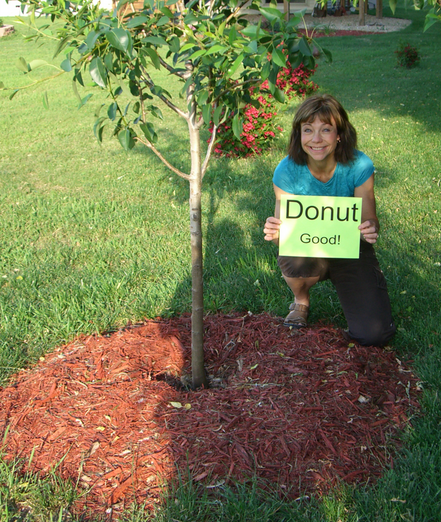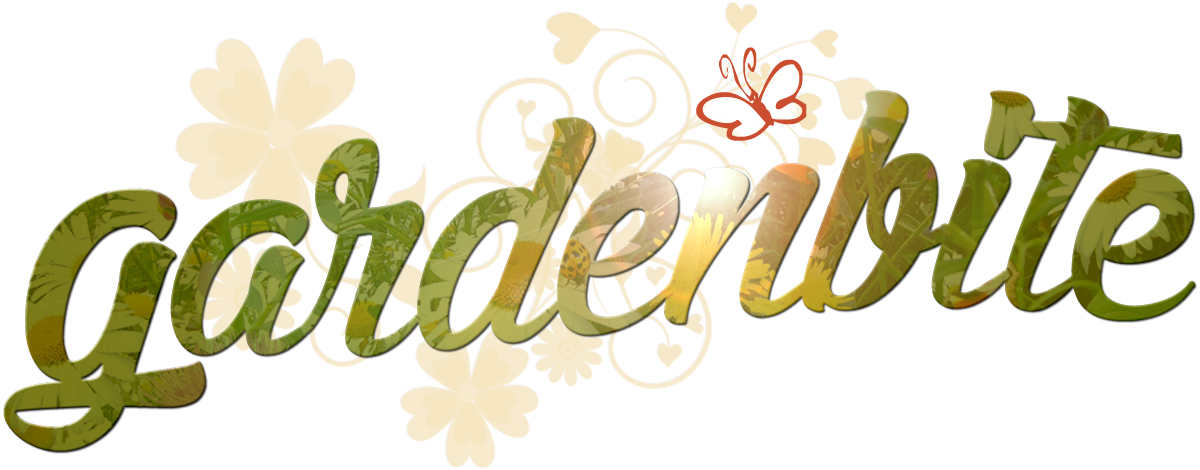Click below to listen to my 2 min. Garden Bite radio show/podcast: Mulch and a tragic misstep IMHO
I just read a statement from a website that is thought to be very reputable. It’s used by a LOT of lay people to get, what they believe, is the best information. That’s why I had to do this Garden Bite.
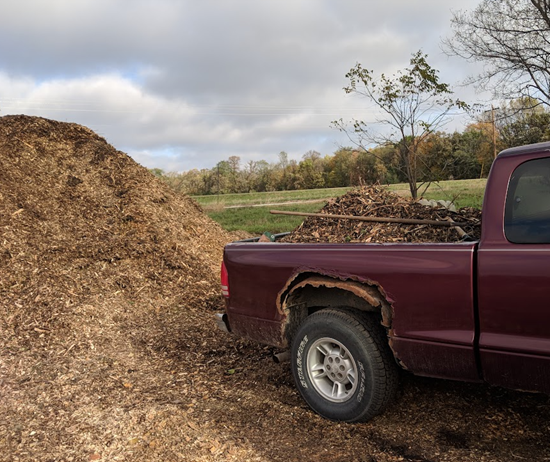
I won’t name the website but it clearly stated that plastic and landscape materials (fabric) are great mulch for foundation areas. NO, please do NOT use either of those. Ever.
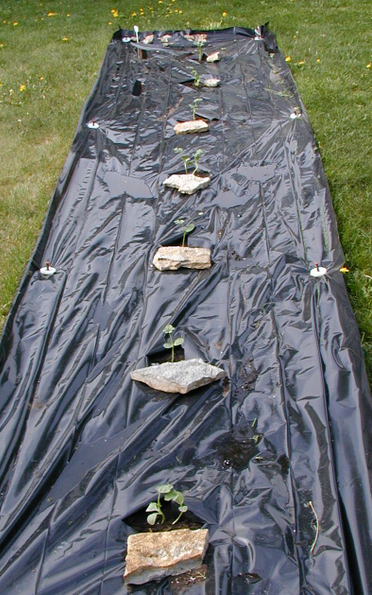
The weeds will still come through but water and nutrients will not be plentiful as they try to make it through that little hole you slit to plant the plant.
There are great ORGANIC mulches that work far better even with the fact that they need to be replenished, BECAUSE, as they break down, they continue to add small amounts of nutrients to your soil.
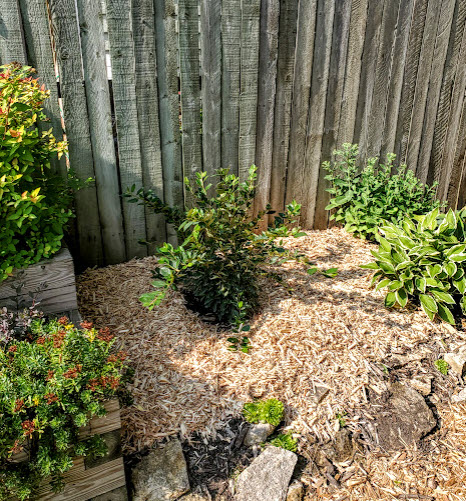
And assist in keeping your soil fluffier, not compacted. So what are some good choices. One that comes highly recommended for it’s ability to repel some pests is Western Red Cedar. Those pests include termites, cockroaches, cloth-eating moths, carpet beetles and certain ants.
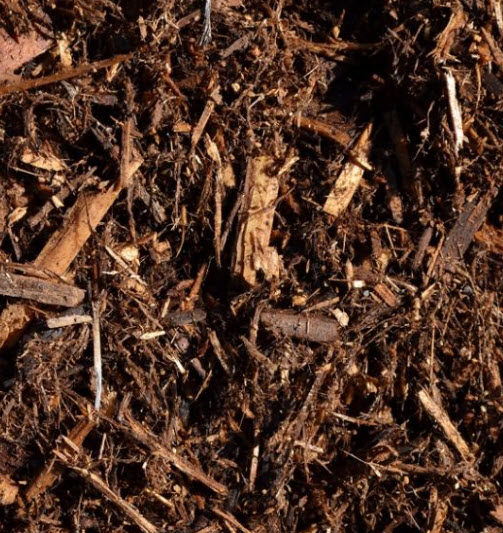
Any of the bark mulches are better than inorganic. Although I’m not a fan of the colored mulch, although I’ve used it.
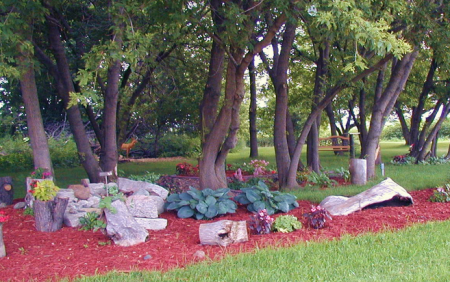
Straw is excellent in your vegetable garden to repel pests and helps protect your plants from fungal disease.
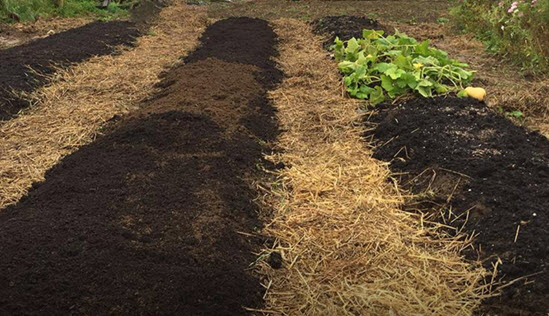
Leaves are decent mulch, I prefer them shred first as they can attract mold.
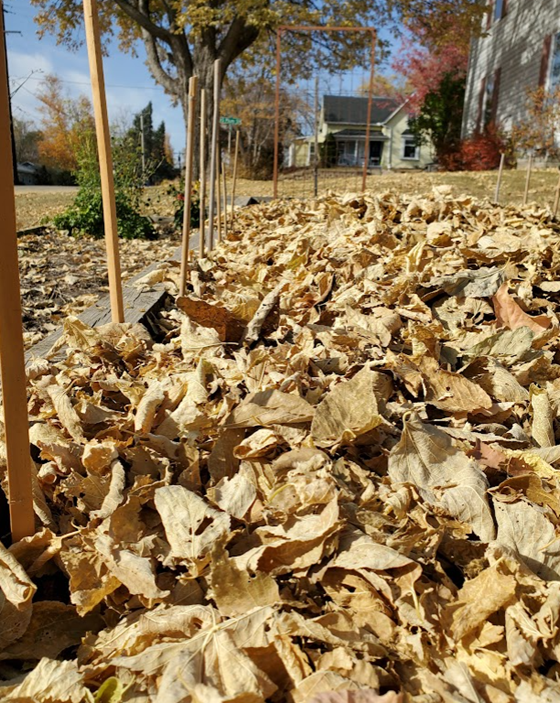
Homemade and/or purchased bagged compost is also a good mulch.
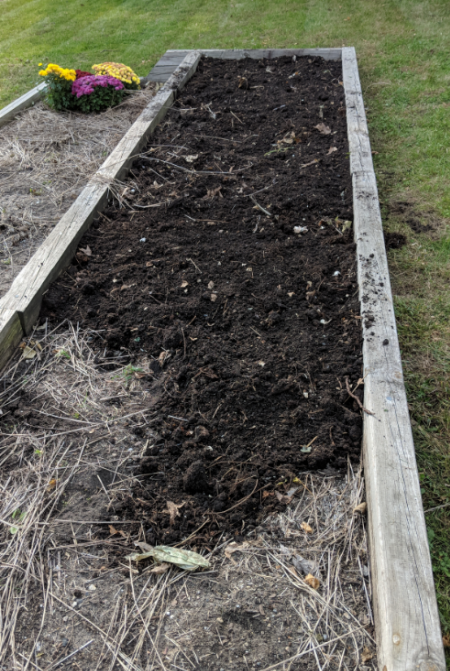
Pine needles or purchased pine straw has benefits including adding a some acid to your soil. If you’re growing blueberries, azaleas, rhododendrons, spruce, zinnias and even tomatoes, consider it. It’s also inexpensive. The downside is that it’s not a real great help for weeds!
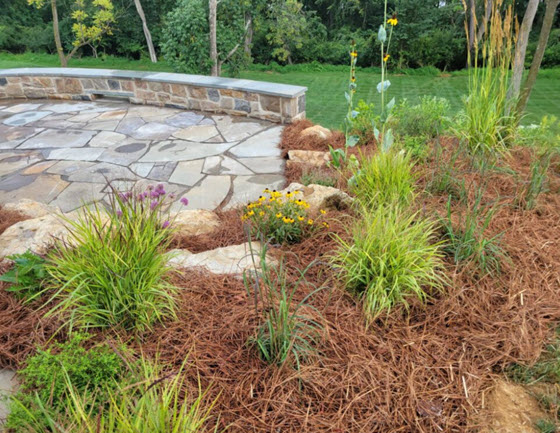
And by the way, rock is NOT an organic mulch.
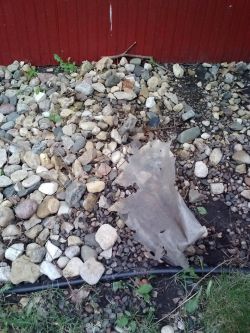
And remember…
